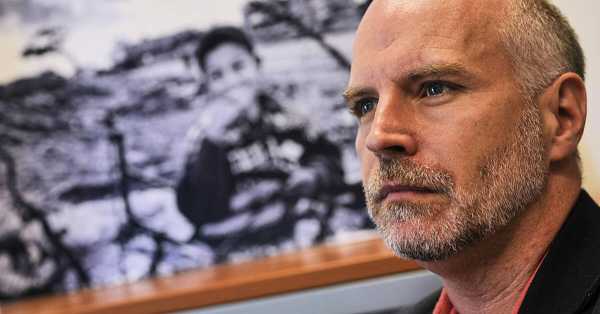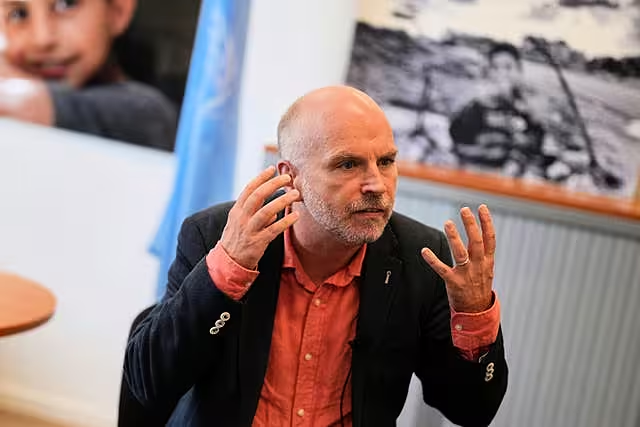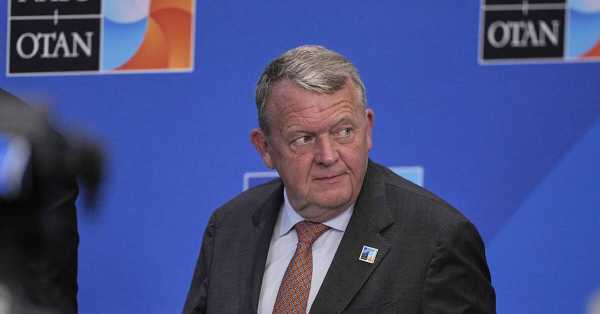
A UN official told the Associated Press that if Israeli forces go ahead with their planned operation in Gaza, “any hope of ending this conflict in the future will be lost.”
Israel says the evacuation of Gaza's most populous city is “inevitable”, sparking growing international concern for hundreds of thousands of residents. Officially documented and acknowledged famine threatens to become a mass crisis after 22 months of fighting.
Sam Rose, acting head of operations for UNRWA (the United Nations Relief and Works Agency for Palestine Refugees in the Near East), noted that many Gaza City residents – the elderly, the young, the sick or the disabled – are physically unable to leave the fighting as Israeli tanks and armored vehicles approach the city's perimeter.
“The population exists in a climate of constant terror, unprecedented cruelty and humiliation, deprived of the opportunity to manage their daily lives,” Mr. Rose stressed.
“Try to imagine what it’s like to live in such conditions, especially for parents and children who grow up without any other reality.”
He stressed that instead of escalating military action, all resources must be focused on providing basic services and support to save lives.
Mr. Rose was in Gaza from February 2024 to March of this year.
Before the outbreak of hostilities triggered by the Hamas attack on southern Israel on October 7, 2023, the agency regularly supplied food to the 1.2 million residents of the Strip.
He said 6,000 trucks carrying critical supplies – food, medicine, fuel and water – have remained stranded outside the region for months.
The UN linked this situation to Israeli sanctions.
“There's enough stock to feed everyone, enough hygiene products to provide for everyone, enough baby supplies,” Mr Rose said.

European Commissioner for Humanitarian Affairs Haja Lahbib spoke of the “colossal volumes” of humanitarian aid accumulated on the borders of the Gaza Strip.
She also criticized plans for a military invasion.
The EU's agreement with Israel to increase aid to the region has not produced the expected results, according to Ms Lahbib. She demanded that humanitarian organisations be given access: “It is time to act to save people.”
Israeli authorities, which imposed a complete embargo on aid supplies to Gaza for 2.5 months earlier this year, say they are lifting restrictions on sufficient aid being brought in during the conflict.
However, according to the UN, the amount of aid being delivered still falls short of the pre-war level of 600 trucks daily.
Israeli Prime Minister Benjamin Netanyahu has repeatedly denied that there is famine in the region, and his cabinet has called a recent international report on the food disaster a “gross falsification.”
According to an Integrated Food Security Phase Classification analysis released earlier this month, nearly 500,000 people – a quarter of Gaza’s population – are in a humanitarian catastrophe due to severe food insecurity, with many at risk of dying from the effects of malnutrition.
Sourse: breakingnews.ie






